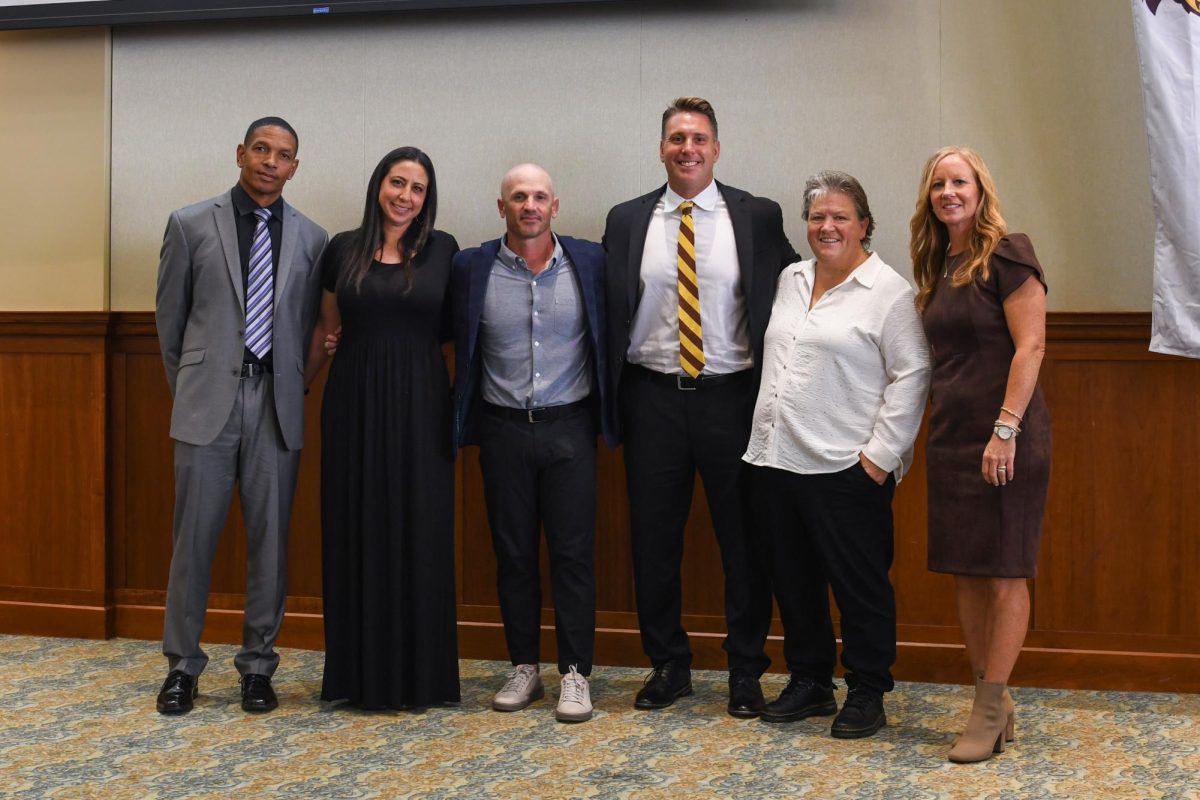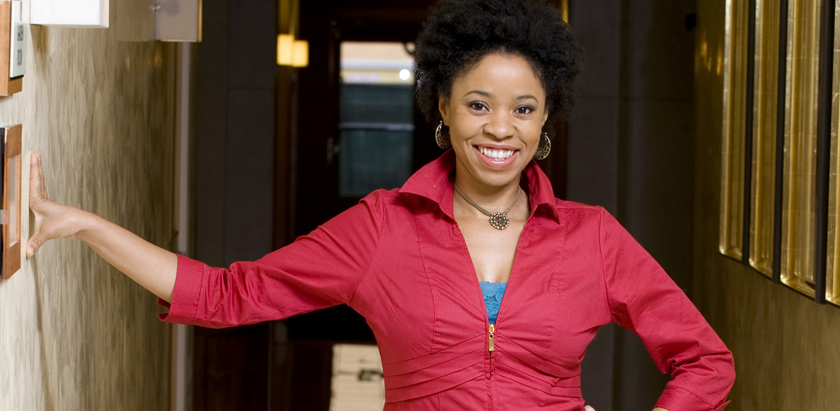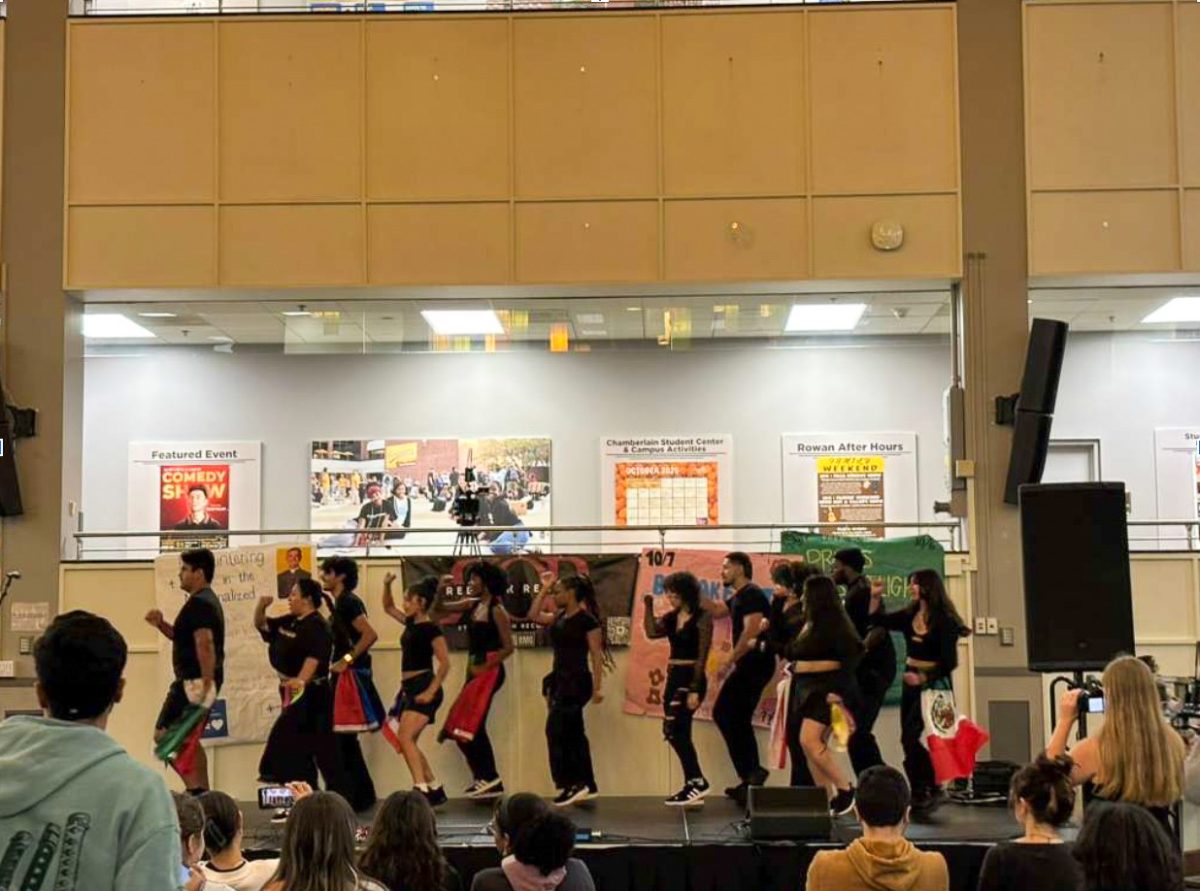This past week’s premiere RAH event was a comedy night in the Student Center pit, featuring headliner Marina Franklin and opener Charles McBee.
McBee offered a solid thirty or so minutes of relatable humor, centering around the trap of student loans, the dating scene in and out of college and the pitfalls of working with small children.
It was an entertaining display of tame, yet clever comedy, almost classical in its presentation.
This was immediately complemented by about an hour of Marina Franklin’s material. She started the show by attempting to speak with the students above the stage, attending the “Meet Black Rowan” event, confused as to why “her people” were there and not watching her show. Her delivery made us sad that she was missing out on that particular audience that she was yearning to reach, and at the same time, made us feel that she appreciated us for being there. It immediately established a sincere relationship between performer and audience that was just as quickly thrown away as she started her routine.
I have seen only a handful of live comedy performances in my life, but this was easily the best. When we think of black female comedians, the term “sassy” often comes to mind. Franklin made it very clear throughout that this label does not apply to her, offering instead her story of an older black woman who grew up in a mostly white environment.
She weaved this character study through jokes that expertly walked the tightrope of vulgarity, seemingly her goal. She specifically avoided the political simply because, according to her friends, “she’s not woke enough.”
Although she offered plenty of smart humor, she did not shy away from the ridiculous, a personal highlight of the evening for me was her impression of an alley cat “getting it,” as she so eloquently put it. This coupled with her impression of her British ex-boyfriend had me laughing hysterically for a solid 45 minutes.
Her overall routine, as opposed to McBee’s, was noticeably unrelatable, which, in her case, is a good thing. She punctuated the show with the reveal that she’s a breast cancer survivor, which was a surprising, but welcomed tonal shift.
Through her comedy, she is not trying to be a symbol, or a leader, or trying to break some intangible “boundary” that many comedians attempt to do, she was just being her, and she did it beautifully.
For questions/comments about this story, email [email protected] or tweet @TheWhitOnline.



































































































































































































